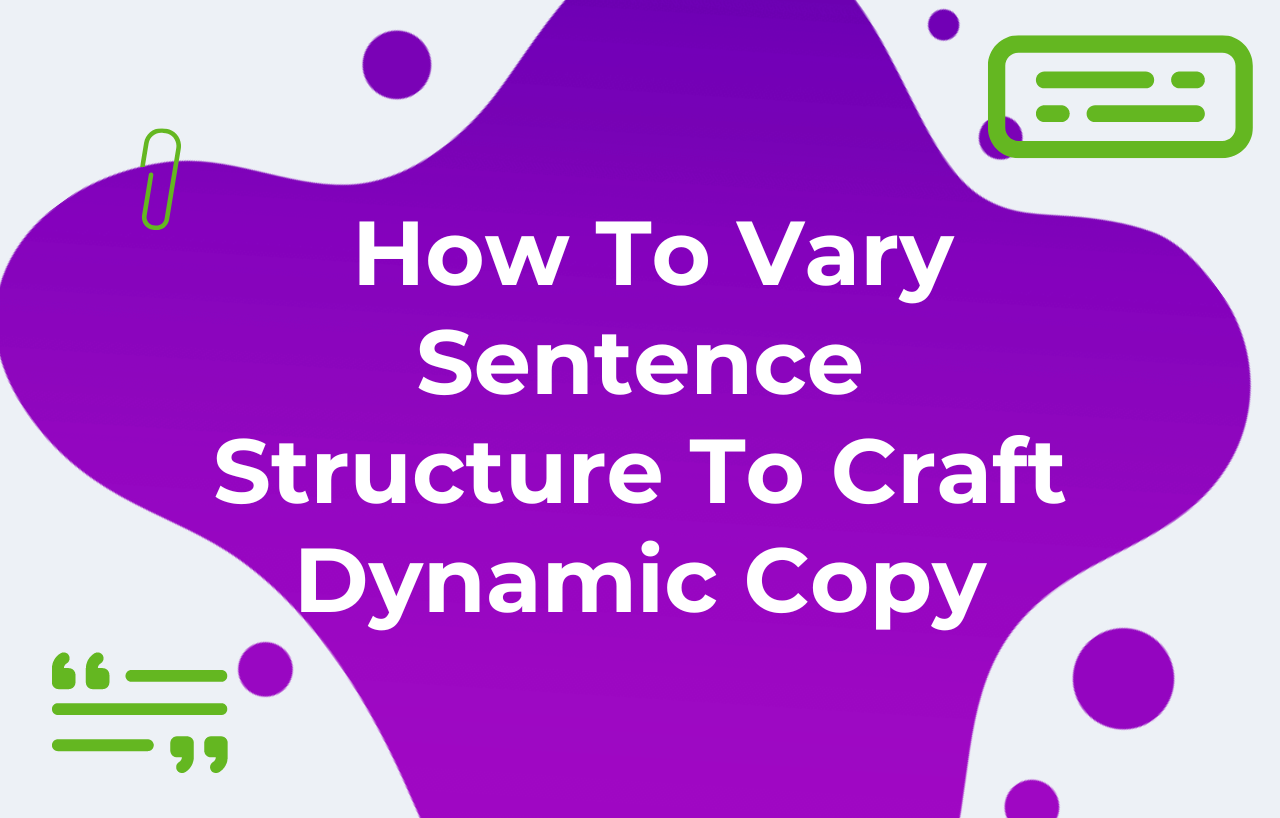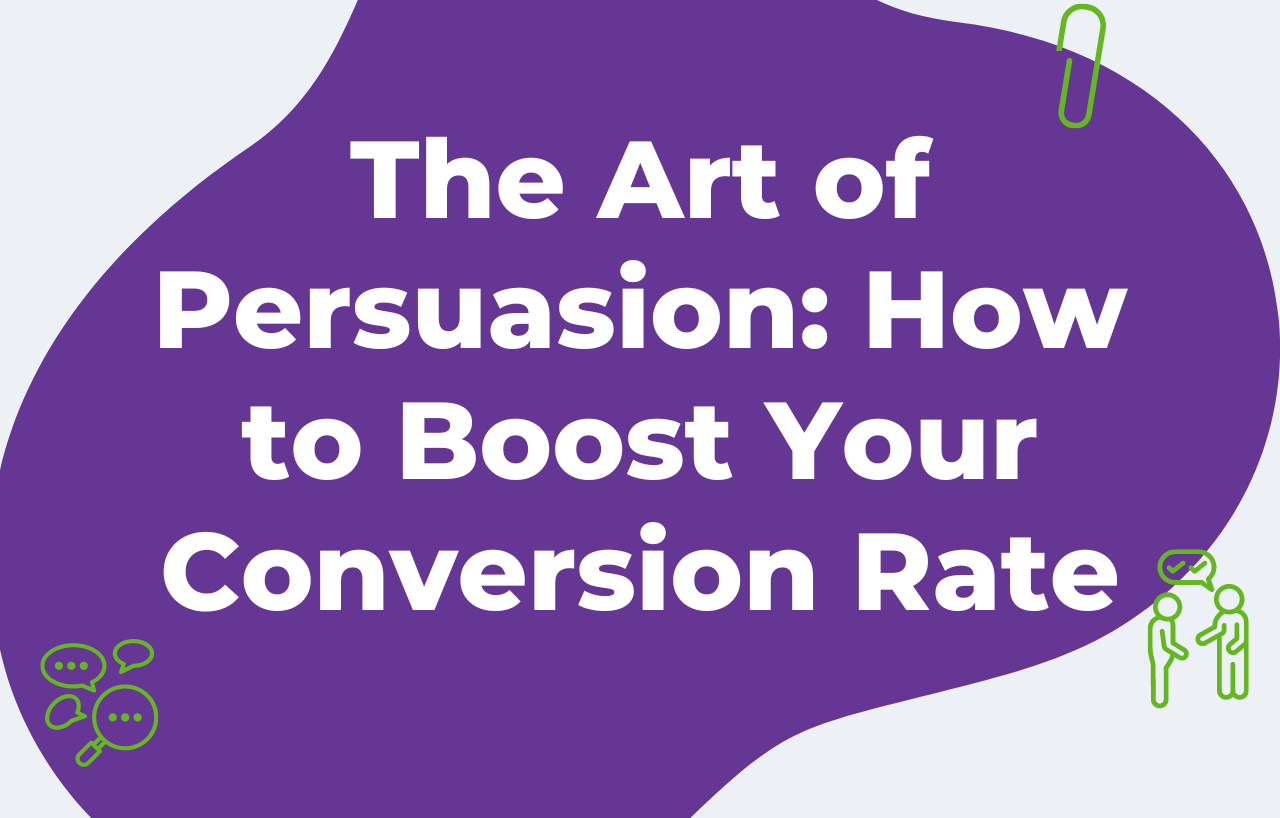All of our content is researched and written by human writers. No robots here!
You (and your clients) have incredible power at your fingertips. In a matter of clicks, you can publish a blog, release an industry-leading ebook, or launch a comprehensive website. You can even set a complete online marketing strategy in motion.
But with great power comes great responsibility. That is to say, you can publish whatever you want, whenever you want…but so can everyone else. And they do. Which means the market is already drowning in content, and there’s more pouring in all the time.
So, how do you stand out in a space this crowded? In a word—quality.
(And SEO. But first—QUALITY.)
Sure, a slapped-together blog post may make an initial splash, depending on its topic, target audience, and the SEO strategy at play behind the scenes. But if the quality isn’t there, sooner or later, the audience will turn and seek out better content elsewhere. They might even leave negative feedback on their way out.
Creating clean, high-quality content establishes your credibility and builds trust with potential leads and customers. Producing low-quality, error-ridden content does the opposite. Not only that, but your content will slip right off the face of SERPs and disappear into the sea of search results.
Let me toss you a life ring: expert-level editing.
Editing and proofreading your copy should be as baked into your content creation process as search engine optimisation. Effective SEO shines a spotlight on your content. It catches your audience’s eye when they search for your services online. Effective editing and proofreading ensure the content keeps shining when users click through to learn more.
Sounds great, right? But can you edit and proofread your own writing? Or do you need to hire a professional?
Short answer: Yes, and yes!
Long answer: Read on! Find out why you should self-edit and work with a professional editor to get the best possible results for you and your clients.
Hesitant to hire a pro? I get that—let’s talk about why. Plus, I’ll share some of the self-editing tools our expert copywriters use to shine up their copy before I get my copy editor claws into it!

Should I Hire a Copy Editor or Do It Myself?
Let’s say you have a slow-draining kitchen sink that needs unclogging. There are two primary approaches you can take to handle it. You can DIY or bring in the professionals. (Or a third option: get your cousin Dave from up the road to fix it for you reeeal cheap.)
When it comes to unclogging your copy, you have pretty much the same options to choose from. You can edit and proofread yourself, ask a coworker for help, or hire an expert—in-house, outsourced, or freelance.
But the bottom line is: somebody’s gotta edit it.
Typos, spelling mistakes, and grammatical errors happen. To everyone. Think of the most talented, prolific, and successful author you know. Bestseller, Pulitzer Prizes—the works. Yep, they make mistakes, too. Lots of them.
Fun fact: I once applied for an editing job (not this one), and the device I was using autocorrected the phrase “keen eye for detail” to “keep eye for detail”. KEEP. EYE. FOR DETAIL. As an editor, it’s hard to imagine a worse flub than that, but they’re out there alright. (Needless to say, I did not land that particular job.)
But Do I Have to Hire an Editor?
I mean, there’s no law that says you have to. And if you’re hesitant to look for professional copy editing services, you’re not alone. People tend to shy away from editors for reasons like:
They think they don’t need it.
Many people think if they can write—and they’ve got spell check—then they don’t need an editor.
But there’s a lot more to effective editing and proofreading than basic spelling and grammar. It takes specialised skill and expertise to leverage the full potential of written content.
It’s expensive.
You’ve already invested time, money, and other resources into your work. It can be hard to shell out for professional editing and proofreading services, too.
But editors charge a fair fee for their time and the skill they bring to the table. And considering the benefits it can bring to your copy, editing is a corner you can’t afford to cut. Not if you want to stand out, rank well, establish authority, and ultimately, convert more leads.

They’ve had a bad past experience.
If you’ve worked with a subpar or bad-fit editor before, you know what an absolute nightmare it is. Poor communication, misunderstandings, missed deadlines, and unclear or unhelpful feedback delivered in a harsh or overly-critical way… It’s a recipe for disaster and a waste of time and money. It’s no wonder someone who’s been through this would think twice about hiring another editor!
But the best editors know how to suggest corrections and offer feedback respectfully. The aim is to strengthen what’s already great in your writing, empowering you to polish it into its best possible form. A healthy writer-editor relationship is built on mutual trust and respect. If you’re working with an editor who’s overly harsh, disrespectful, or ultimately unhelpful, I’m sorry—you deserve better.
It could be a scam!
Sadly, this is true. Like negative past experiences, scams can happen, too. Take a look at the support forums on popular freelance platforms like Upwork and Fiverr. They’re riddled with stories of scams from both sides of the equation—employers and freelancers alike. It’s hard to know who you can trust in an environment like that!
But, whether they’re freelance, in-house, or working with an agency, with a little research, you’re bound to find someone you can trust. Someone with the industry experience (and, ideally, plenty of references!) to back up their claims.
It slows things down.
It certainly can. Different editors operate on different timelines, depending on their existing workloads. Factoring in the editor’s turnaround time can lengthen your content creation and copywriting process.
But, the results you’ll get from well-edited copy are worth the extra time it takes to get it right before you publish, post, launch, or send it.
They’ve got a death grip on control.
I get it—as a digital agency owner, there’s a lot riding on your text-based content. It can be hard to hand it over to someone else and allow them to influence its shape, flow, structure, and impact.
But remember, whatever feedback, suggestions, or corrections you receive, at the end of the day, it’s up to you what you implement and what you don’t.
Not sure why they’ve made certain suggestions? Don’t hesitate to ask for an explanation! Do the suggestions align with your brand voice and support the content’s purpose? If not, you have every right to dismiss a suggestion or find a way to solve the problem they’ve pinpointed in another way. Just make sure it’s all in favour of your copy’s success—and not a matter of ego.

They’re afraid of judgement.
Getting constructive feedback can sometimes be uncomfortable. It’s not easy to be told you’ve made some mistakes, fumbled your sense of flow, or lost your brand voice.
But it’s a necessary part of any successful editing process. Wouldn’t you rather know about—and be able to fix—these issues to strengthen your copy before it goes out into the world? I know I would.
Still not sure if you should hire a professional editor? Read our previous blog “What Does a Copy Editor Do, and Why Do You Need One?” to learn more about what an editor can do for you and your copy.
Okay, ready to hire an editor to review your backlog of blog posts? Well, not so fast, partner!
What About the DIY Approach?
There are clear benefits to working with an experienced editor. They have the necessary skills to spot spelling and grammar mistakes, smooth out syntax and structure, ensure clarity, and tighten your language. And they can do all this while keeping the brand voice consistent and essential SEO keywords in place.
But self-editing before sending your copy to an editor can be beneficial, too. Self-editing can:
- Streamline the editing process. When you’ve already gotten some of the job done—especially larger structural and organisational adjustments—the editor can focus on the finer details. The cleaner your copy is when you hand it off to your editor, the better.
- Speed up the turnaround time. Self-editing can reduce the number of errors the editor needs to correct and structural adjustments they need to suggest. This cuts down on the total time it takes them to complete the edit.
- Reduce the cost of the edit. Editors often bill by the hour, so the less time they spend editing your copy, the less the service will likely cost.
- Make you a better writer. The more you self-edit, the more you’ll start to recognise your own writing habits. This means, you’ll learn to spot—and even avoid—common mistakes that tend to appear in your work. You’ll be able to draft cleaner copy in the future, streamlining your writing and self-editing process, and further reducing the time an editor will need to fine-tune the copy.

TLDR: Self-editing is a great start—a way to clean up your first draft before handing it over to the pros. For more on how to do this, check out our previous blog “How To Edit And Proofread Your Web Copy: An 11-Step Guide”. Then, trust your chosen editor to help you get your copy the rest of the way to its best possible publishing shape.
Copy Editing Tools
Self-editing can be overwhelming—even when you know an editor will be there to help you refine the final product when you’re done.
Luckily, there are tools out there to help you through the process. Here are a few that our expert copywriters use here at The Content Lab before the copy editor (that’s me!) gets her grubby little paws all over the content:
Editing Tool #1: Spell Check
Most word processing software comes with a built-in spell check feature as standard. You can use this feature to scan your work for spelling errors, and it’ll suggest a correction for each mistake it finds. Some devices will even automatically correct your spelling as you go.
These features can help, but they’re not without their flaws. First, you’ll need to make sure your word processor is set to the variation of English that aligns with your target audience. And before implementing any suggested or automatic correction, you’ll have to check that it’s actually correct to avoid some pretty horrendous mistakes.

Editing Tool #2: Grammarly
Grammarly is a cloud-based AI writing assistant designed to analyse a text’s spelling, grammar, punctuation, and readability. Like spell check, Grammarly suggests a correction wherever it identifies a possible error.
The basic app is fast and free to use. If you upgrade to a Premium Plan, you can customise according to your text’s style, tone, and intent. That way, Grammarly knows whether it should consider contractions and slang as ‘errors’ or not, and whether your goal is to educate, persuade, or entertain.
It’s user-friendly, and the suggestions can really help—especially for less-experienced copywriters. But implement Grammarly’s suggestions with caution. It’s been known to make incorrect suggestions, muddle tone, and misunderstand context.
Editing Tool #3: Hemingway Editor
Hemingway is an editing tool that scans and analyses a text’s style and readability. It’s named for American novelist Ernest Hemingway—famous for simple, concise prose. The Hemingway Editor’s goal is similar.
It highlights difficult vocabulary, unnecessary words, and long, complex sentences in your copy. These are areas where you can tighten or simplify your language to make it clearer and more readable to the widest possible audience.

Like Grammarly, the basic Hemingway Editor is free to use. But, it only highlights the parts of your copy you might want to fix. You’ll have to pay to upgrade to a Hemingway Editor Plus subscription to gain access to AI-generated suggestions for improvement.
Disclaimer:
These editing tools are popular for a reason. They’re fast, they’re (basically) free, and they can help tidy and tighten your text into clear, readable shape. As I said, we use them here at The Content Lab all. the. time.
But because they’re so popular, we’re seeing a change in the shape of written language. If you apply generic AI-generated suggestions to your copy, your writing will start to sound just like everyone else’s…and more like AI. It’d be like we’d all hired the same editor—one with a singular voice and a few favourite words to slip into all of our content.
And keep in mind that online proofreading tools can only partially comprehend the complexity of human context. There are layers of inference, reference, and meaning at work in our written word. Sometimes, AI-based writing aids mistake these nuances—the very stuff that makes our voices so unique and engaging—for errors.
Using tools like these in the self-editing phase can be hugely helpful. But don’t stop there. By the time this blog post goes live, it’ll have gone through spell check, Grammarly, Hemingway, SEO optimisation—and a human proofreader. It’s the only way to ensure it’s as clean, concise, on-brand, and human as possible.
Final Thoughts
I’m an editor, but I’m also a writer. Most of the time, I do a decent job of editing myself. But whether it’s a blog post or an original poem, I would never publish without getting someone else’s eyes on my work.
Even as a skilled editor with a deep understanding of the intent of the text and an eagle eye for fine details, I still need an editor to make sure my writing:
- is as error-free as possible
- makes sense
- flows smoothly
- achieves the desired effect
Hiring an editing and proofreading service can be expensive. Maybe even a little intimidating. But, at the end of the day, all good writers need good editors to ensure the highest possible quality of their content.
But with the tools outlined in this blog and a bit of practice, you can hone your self-editing and proofreading skills. This can help you cut down on the time, money, and pride it’ll cost you to work with a professional. And with their help, your copy will soar miles above and beyond the bare minimum.
Done with DIY Copy Editing and Ready to Work with a Pro? Say Hello to The Content Lab!
Partnering with a good editor isn’t always cheap. But it’s a wise long-term investment in the quality and effectiveness of your content. And well-edited, high-quality copy consistently outperforms its unedited competitors.
You’re committed to delivering the best results for your clients. So, before you hit ‘send’, ‘post’, or ‘publish’, give your copy its best possible chance at success.
You owe it to yourself, your business, your clients, and your content to find an experienced copy editor and proofreader who cares about your copy as much as you do.
That’s us—The Content Lab team. Give us a shout and get our editing service on the job!
Other Posts
 Content Marketing
Content Marketing The Big, Beautiful List Of 48 Bakery Content Ideas
 Content Marketing
Content Marketing The Art Of The Sentence: How To Vary Sentence Structure To Craft Dynamic Copy
 Content Strategy 101
Content Strategy 101 
